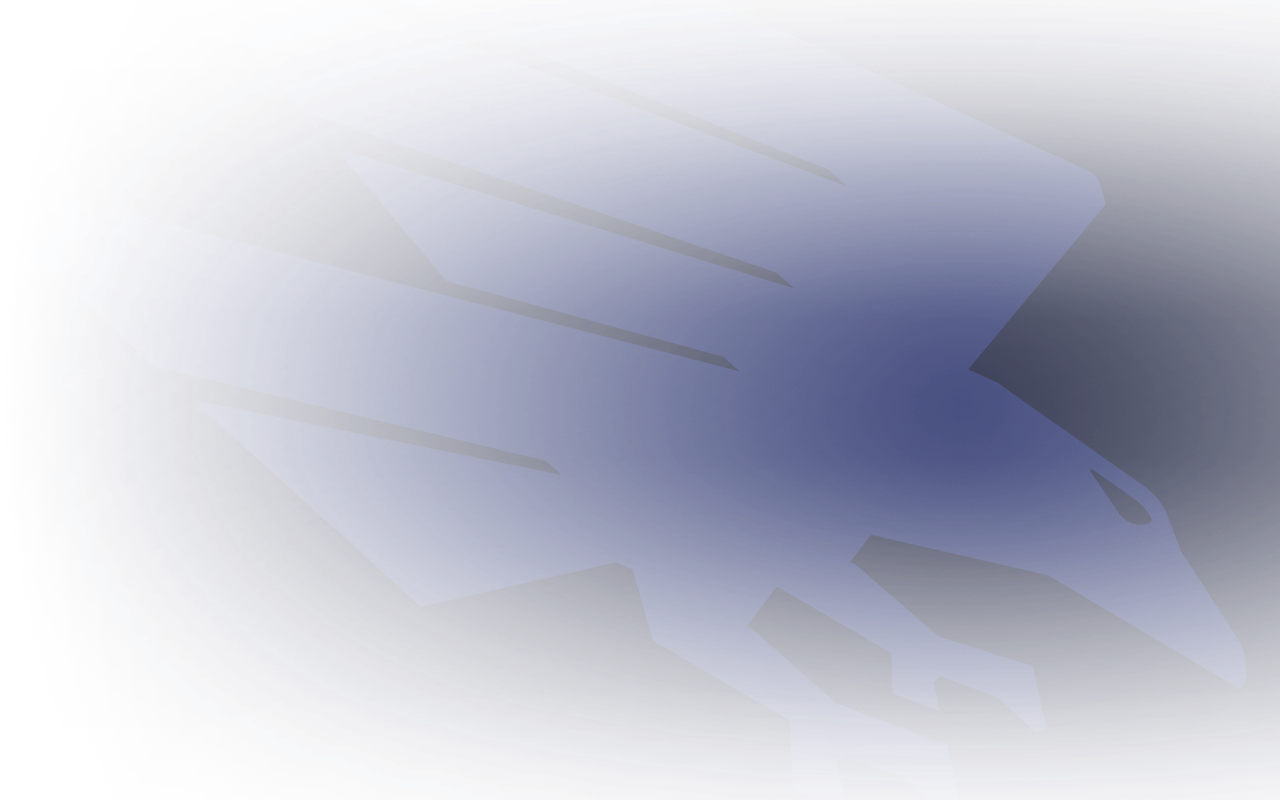Adelaide coach Phil Walsh has vowed to continue walking the fine line between what is best for the team and the game as a whole.
It comes after his strong comments earlier this year about the tagging job Melbourne’s Bernie Vince did on Crow Patrick Dangerfield and the enthralling head-to-head match-up between Dangerfield and Fremantle's Nat Fyfe late last month.
"I’m not a tagging coach, its as simple as that," Walsh said in an interview for this weekend's edition of the AFL Record, with the slight qualifier that Rory Laird ran with North Melbourne's Brent Harvey in the first game of the season and St Kilda's Jack Steven a few weeks later.
"I’m not going to be stupid about it and if someone gets off the chain or has a massive influence on the game, I’ll send someone to him. But otherwise, I’ll back in team defence. That’s my philosophy in football – you’re better off defending with the whole 18 defending rather than 17.
"Some might call that romantic. I believe that (style) still has a role in the game and I think our fans love it. We need to listen to the fans, even though it's paramount to win games."
Walsh admits finding the balance can be difficult.
"On that night, Dangerfield v Fyfe still gave Adelaide the best chance to beat Fremantle in my opinion. And even though we lost the game, I walked away from it and I thought that was good for football.
"One thing you forget in the position I’m in, and even as an assistant coach, is that it's just a job and yes, it's (about) win-loss, but the game is about the fans and without the fans we wouldn’t have a job."
To illustrate the point, Walsh explained that when he started his coaching journey at Geelong as the fitness boss, only senior coach Gary Ayres and one assistant – Jeff Gieschen – were full-time.
"(But) it's because of the fans and their interest that I now have a staff of 30 people in the football department. We can never forget that. The day the fans turn off is the day we’re in trouble."
The Record feature also looks at Walsh's path to AFL senior coaching, which took a dramatic turn after a motor accident while he was travelling in Peru in 2012, as well as his part in the Collingwood-Richmond player war of 1983-84, which he regards as one of the great regrets of his time in football.
Read the full story in the Round 12 edition of the AFL Record, which is available at all grounds.


